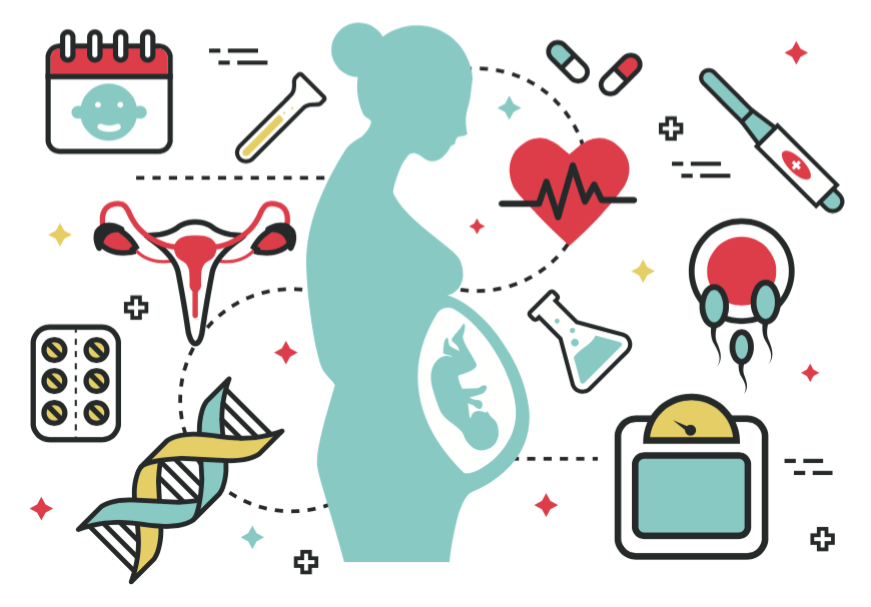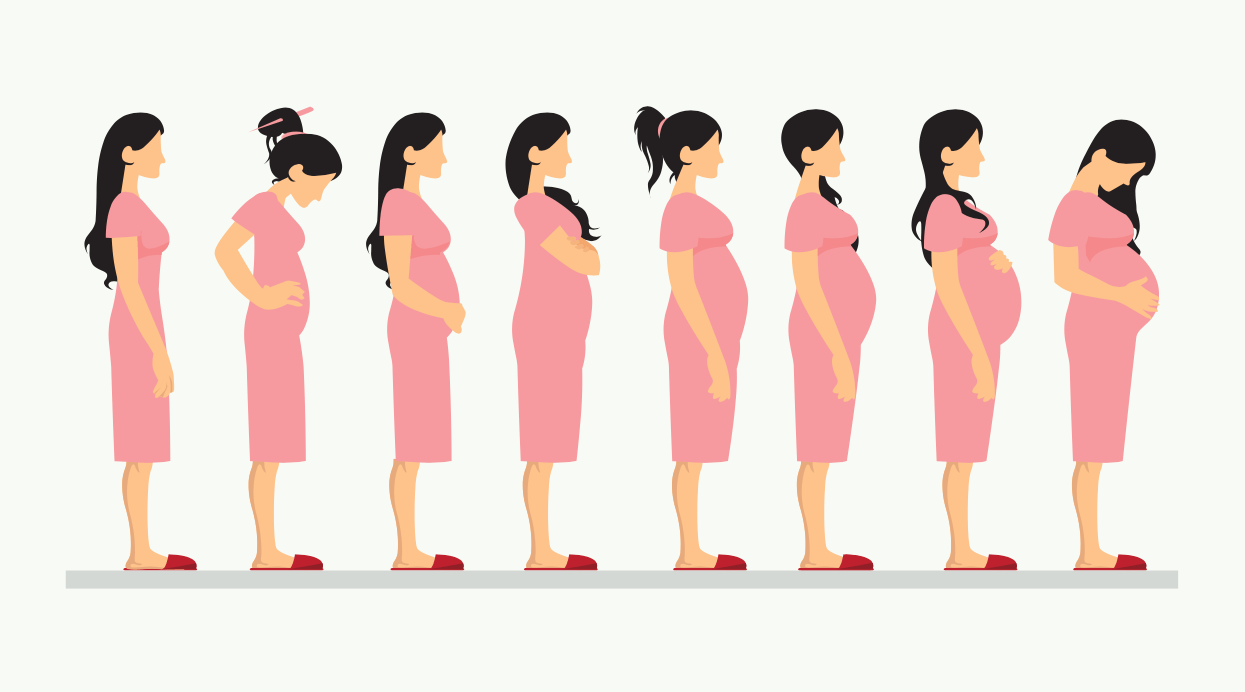Have you been looking for the answers to these 5 miscarriage FAQs? You might be misinformed about miscarriages. Miscarriages are more common than you thought.
1. Why did the miscarriage happen?
Miscarriages happen in approximately 20% to 25% of pregnancies. In fact, for women who have had at least 1 live birth — most of have had a miscarriage. So, the reason? The most common causes of miscarriages are problems in the developing egg or embryo.

Issues with the egg and sperm can sometimes be tied to the age of the parents. A small number of miscarriages are due to uterine anatomy, hormonal problems including thyroid or insulin imbalances, or blood clotting disorders (called antiphospholipid syndrome). Men can struggle with oxidative stress in their sperm.
Miscarriages can happen more than once to the same couple. Half of these repeat miscarriages are unexplained (which is very frustrating for the couple trying for a pregnancy).
2. What is a miscarriage?
Actually, a miscarriage is when the pregnancy is lost before the 20th week. If the pregnancy is lost after the 20th week, it is referred to as a stillbirth.
It’s difficult to know for sure, but bleeding and cramping can be the first symptoms of a miscarriage. See a doctor right away if you experience spotting with or without cramping.
3. Is there a problem with the woman?
To be honest, it is a myth that the woman did something wrong to cause the loss of the pregnancy. Don’t stress out. The number of women who suffer recurrent miscarriages (3 or more consecutive miscarriages) is less than 1%. Luckily most women can get naturally pregnant again.

4. Does a miscarriage mean the woman is infertile?
It is a myth that women who miscarry are infertile. This is simply not true. Women who are in good health can conceive another successful pregnancy 2 to 6 weeks after a miscarriage. That being said, lifestyle factors such as obesity, alcohol, excessive stress, and smoking can lead to increased risk of miscarriage.
5. When is fertility treatment needed?
Usually, fertility treatment is not needed if a woman has had fewer than 3 miscarriages. If you are trying to get pregnant, be sure you are getting folic acid, and eating well. (I know that sounds dull, but it works.) By the way, watch out for excess caffeine (drink less than 3 cups per day), get moderate exercise, and manage your weight before and during pregnancy
Don’t skip your regular gynecological exams. Your gynecologist exams will pick up abnormalities, infections, or other risk factors that can lead to miscarriages. Book an appointment to talk about any concerns you have.
Useful links
Do you think you have had recurrent miscarriages? There are treatment options available to discuss.
